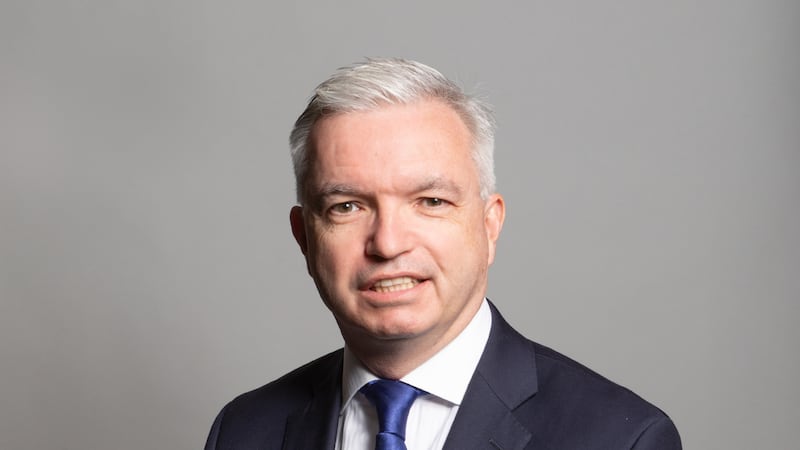THE number of patients waiting for more than a year for major operations has tripled in just nine months - with almost 7,000 facing lengthy delays.
Heart surgery, eye operations and obstetric procedures were among the specialties affected between March and December last year, the Irish News has learned.
The astonishing increase is in stark contrast to England's backlog, where 755 were waiting longer than a year for operations in December - a development which still sparked stinging criticism from the Royal College of Surgeons.
It has also emerged there has been a dramatic eight-fold rise in patients in Northern Ireland waiting for their first assessment with a hospital consultant.
Latest figures show that by December 2015 more than 32,500 people were waiting for an assessment compared to just over 3,600 in March representing an increase of more than 800 per cent.
Gynaecology, neurology, ENT, paediatrics, gastroenterology and cardiology are among the medical specialties affected, the Irish News has learned.
Department of Health targets state that no-one should wait longer than 18 weeks for their first hospital outpatient appointment following a referral from a GP.
The dire state of the north's latest waiting lists were revealed by the Health and Social Care Board at its February meeting.
While Department of Health waiting time statistics are released each quarter - the next set are due this Thursday - the Board monitor the situation across the health trusts each month.
One nursing leader last night warned the "unacceptable had become the acceptable" and questioned what the Board, which is responsible for managing trusts, was doing to address the crisis.
Janice Smyth, director of the Royal College of Nursing, called for an entire overhaul of the system and said the "horrendous" backlog went back to a "lack of service reform".
Latest Department figures from last November show overall there were more than 400,000 patients on waiting lists - who are experiencing delays from three months to more than a year - of which 62,000 are for operations.
"I don’t understand how the outpatients lists have risen eight-fold - either they have cancelled clinics or there has been a big increase in demand," Ms Smyth said.
"There is no doubt also there are staffing challenges, with people not being replaced and increased sick leave.
“But I think what we have to remember is that behind every one of these statistics is a person who needs investigation, assessment and treatment. This has been tolerated for too long."
The Board's director of performance, Michael Bloomfield, said they had advised health trusts last November to "put in place the necessary administrative arrangements" to start transferring waiting list patients to the private sector following a £40 million bailout from government.
However, the Irish News revealed last month that administrative blunders in trusts meant patients weren’t being referred to private clinics quickly enough - with a as many as 2,000 private slots a week being "wasted" for patients who urgently require surgery.
Mr Bloomfield said he expects 60,000 to 70,000 patients to benefit from the cash injection.
The Irish News asked the Board to explain the 800 per cent increase in patients waiting for more than a year for their first appointment.
No-one was available for interview but in a statement a spokesman said:
"The increase in waiting times is due to a number of factors including a year-on-year increase in referrals and the resultant gap between patient demand and funded capacity in a range of specialties, agreed volumes of funded activity not being fully delivered across a number of specialties by some providers and, in particular, the impact of the wider financial position."
She added that funding shortages had led to deterioration in waiting times during the second half of 2014/15 and 2015/16.








